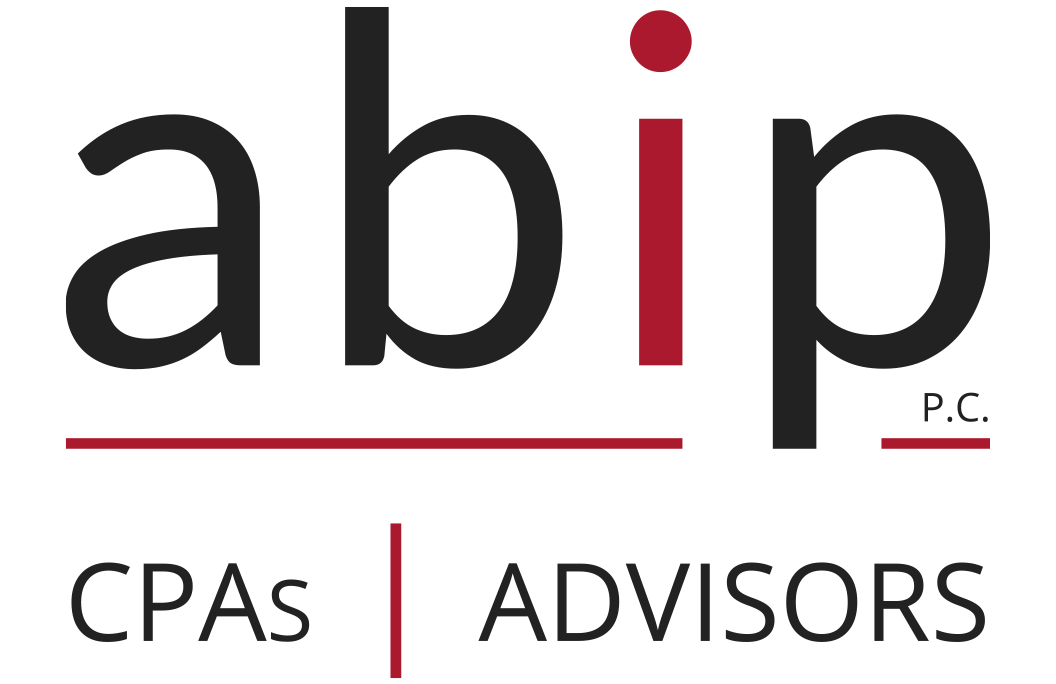If you own or operate your own business, then accounting is one of the most important facets you’ll encounter. Understanding financial records, how to compile them, and what to do with them are all important to the continued success of your company. With so many innovations in the accounting world, it can be difficult to keep up. You may not know what the best accounting system is for your company. Below, you’ll find a few steps for helping you determine just where to look.
Step 1: Choose a Method
There are really two basic accounting methods: cash and accrual. Cash is the option used most frequently in small to mid-sized businesses for their accounting services. It essentially means that you input transactions as they actually happen. When cash, check, or a credit card is used to facilitate a transaction, you input that into your books.

Selling an item counts as income and buying a service counts as expenditure. By contrast, the accrual method allows businesses to count income and expenditure before money has even changed hands. For instance, a car dealership might count a car sale as income even if the customer hasn’t yet made a payment. Again, the cash method is the most common while the accrual method is used almost exclusively by larger businesses.
Step 2: Maintain Your Records
 This might seem like a self-evident step, but many businesses fall prey to poor filing. It’s important to keep documents of every transaction and anything that might affect your finances and taxes. Some of these things include:
This might seem like a self-evident step, but many businesses fall prey to poor filing. It’s important to keep documents of every transaction and anything that might affect your finances and taxes. Some of these things include:
- Bills
- Tax documents
- Bank statements
- Invoices
- Receipts
Set up a filing system wherein you can keep a simple record of all your transactions. Even documents that you won’t need forever should be filed properly to ensure that you have the information readily available.
Step 3: Choose a Software
 Of course, you can’t expect to keep purely physical copies of all your records in this day and age. More and more people are choosing accounting software to maintain records and details of every transaction. Choosing a software package isn’t easy, though. With so many options on the market, you can feel overwhelmed with the options. Cloud-based software programs are just starting to enter the field of play, but around 92% of all CEOs say they haven’t invested in the new technology. That being said, you need to find a software package that is tailored to your business model.
Of course, you can’t expect to keep purely physical copies of all your records in this day and age. More and more people are choosing accounting software to maintain records and details of every transaction. Choosing a software package isn’t easy, though. With so many options on the market, you can feel overwhelmed with the options. Cloud-based software programs are just starting to enter the field of play, but around 92% of all CEOs say they haven’t invested in the new technology. That being said, you need to find a software package that is tailored to your business model.
Step 4: Set up Your Software
Most software packages have a “chart of accounts,” where you can easily manage all your accounts (income, expense, asset, etc.). This should be the first thing you set up. Other than that, it’s important to understand the nature of your business and how that relates to the software package you choose. If you sell products, then you may need an inventory management option with your software.
If you have a small to mid-sized business with hundreds or even thousands of employees, you may also need payroll functions to keep everything organized. You may also need software that tracks accounts receivable and accounts payable so that you keep abreast of what customers owe you and what you owe other vendors. Make sure that your software provides what you need and add the appropriate modules during set up.
Step 5: Input Information Immediately
Of course, you can have the best accounting software in the world and still not be able to avoid problems. It’s vital that you input all financial information into your software. The longer you wait, the more chance you’ll have of forgetting something important. You may want to check your bank statements and your software every month to ensure that they both align.
In the end, choosing a software system can be difficult, but accounting is one of the most important parts of your business. Make sure you select the right software and keep track of your records closely.
Still no clue on which accounting system would be the best for your company? Contact ABIP today to speak with one of our accounting experts.





